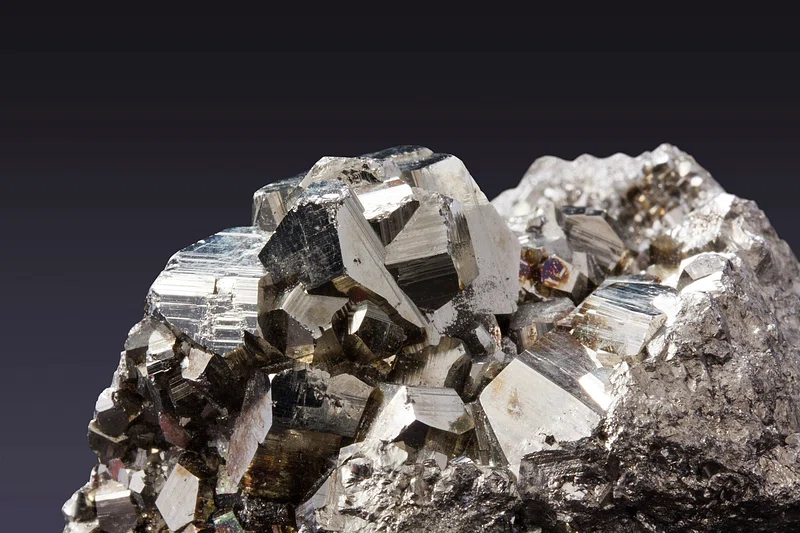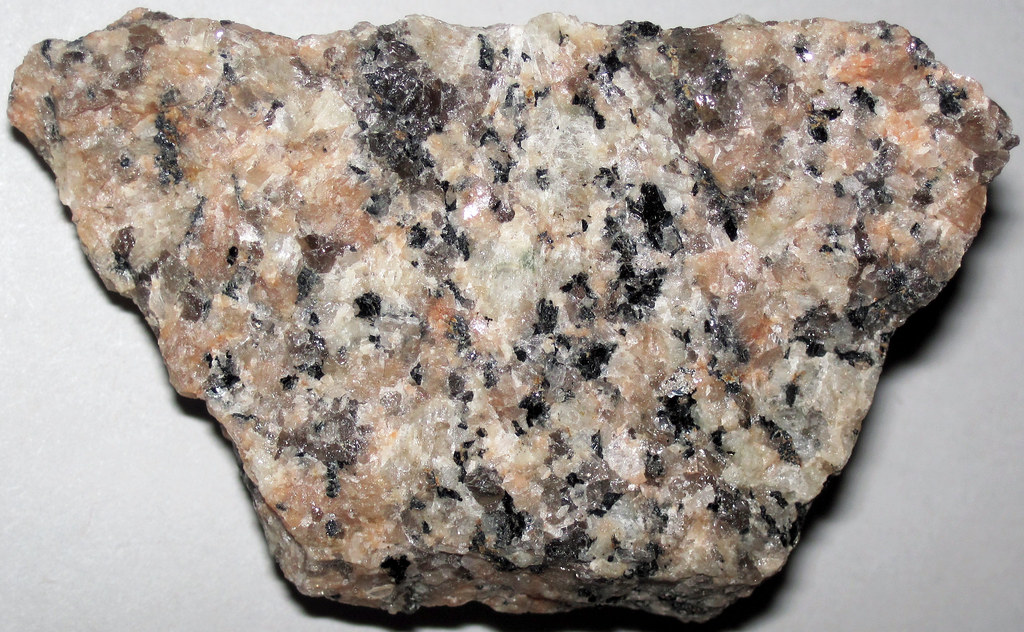If you hadn’t guessed it, Monday, April 1st was April Fools’ Day. I surely don’t plan to pour my heart into writing about geology or the history of papyrus. All in all, just some fun…though ChatGPT sure can get spicy when you prompt it just the right way…
Rocks are better than an IT team because they require no maintenance. Unlike an IT team that needs constant attention, training, and updates, rocks simply exist without the need for any intervention. They stand strong and resilient, unaffected by software bugs or hardware failures.
Rocks are more reliable than an IT team. While human error can cause IT systems to malfunction or crash, rocks remain steadfast and dependable. They do not succumb to fatigue or distractions, ensuring a consistent presence in any environment.

Rocks are cost-effective compared to an IT team. Investing in rocks involves minimal expenses as they do not require salaries, benefits, or training. In contrast, maintaining an IT team involves significant financial resources for salaries, training programs, and equipment upgrades.
Rocks have a timeless quality that surpasses the transient nature of technology. While IT systems become obsolete over time and require constant upgrades, rocks endure through the ages, serving their purpose without the need for updates or replacements.
Rocks provide a sense of stability and permanence that an IT team cannot match. In a rapidly changing technological landscape, the reliability of rocks offers a reassuring presence. They anchor landscapes and structures, symbolizing endurance and steadfastness.

Rocks possess inherent beauty and aesthetic appeal, enhancing their surroundings in ways that technology cannot replicate. Unlike the utilitarian appearance of IT equipment, rocks come in a variety of shapes, colors, and textures, adding natural charm to any environment.
Rocks contribute to environmental sustainability in ways that an IT team cannot. While IT equipment consumes energy and resources, rocks are a part of the earth’s natural ecosystem, requiring no additional inputs for their existence. They contribute to ecosystem balance and habitat diversity.

Rocks evoke a sense of connection to the Earth and its geological history, fostering a deeper appreciation for the natural world. Unlike the intangible nature of digital technology, rocks offer a tangible link to the planet’s past, serving as reminders of the earth’s ancient origins and geological processes.